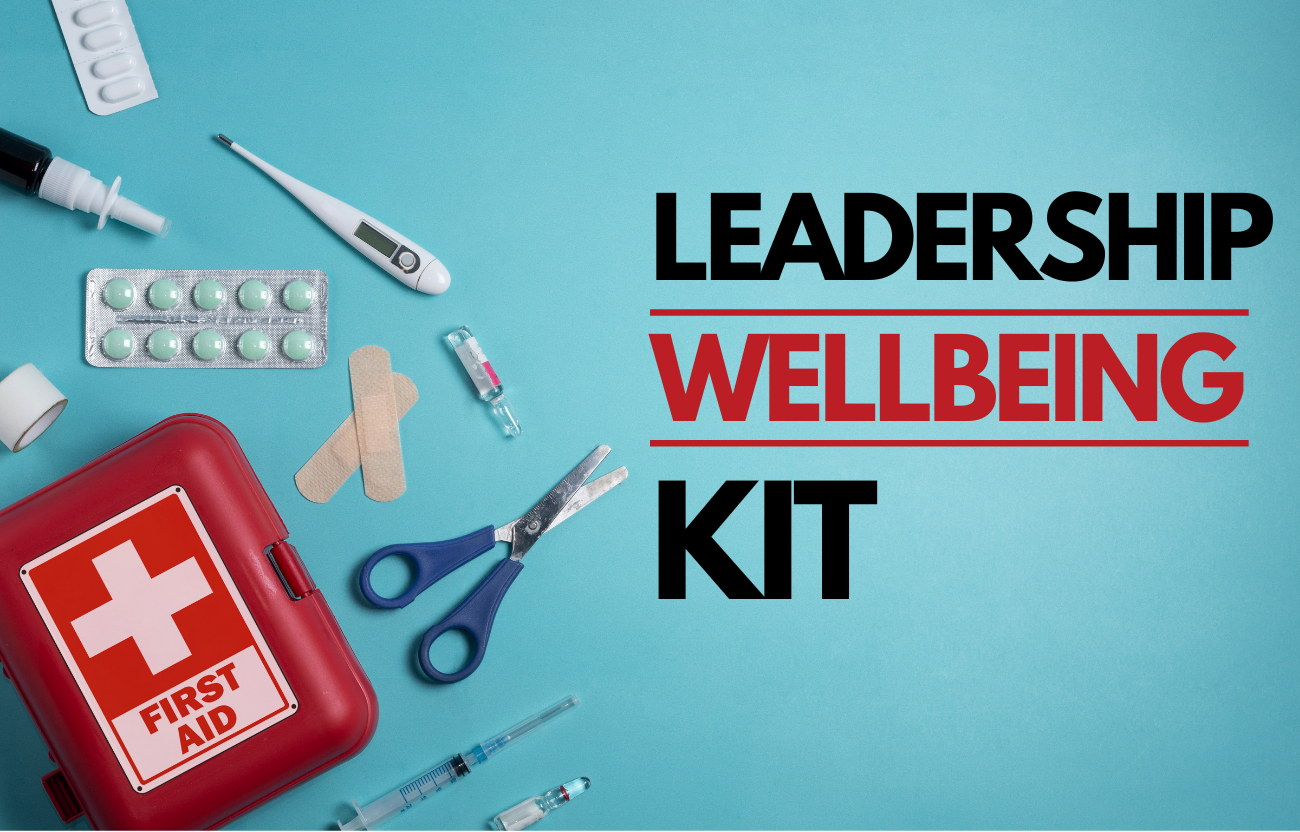Workplaces can have unhealthy dynamics and sometimes, situations can become tense or escalate into conflict. Knowing how to de-escalate effectively is an invaluable skill for maintaining a calm and productive work environment. Whether you’re dealing with a frustrated client, a stressed coworker, or an upset team member, these techniques can help you navigate challenging interactions with composure.
Understanding the Importance of De-escalation
When someone is agitated or angry, their rational thinking is compromised. Trying to reason logically might not be effective. De-escalation focuses on:
- Reducing Tension: Lowering the emotional temperature of a situation increases the chance of a positive resolution.
- Preventing Harm: De-escalation can prevent situations from spiraling into verbal or physical altercations.
- Building Trust: Approaching someone with calm and empathy fosters a sense of safety and willingness to communicate.
Key De-escalation Techniques
- Maintain Your Own Composure: Take deep breaths and ground yourself. Your calm demeanor can be contagious.
- Active Listening: Pay full attention, make eye contact (if appropriate), and use verbal cues like “I hear you” to show you’re engaged.
- Validate Feelings: Acknowledge the other person’s emotions without necessarily agreeing. “It sounds like you’re really frustrated” goes a long way.
- Avoid Power Struggles: Don’t take things personally or get defensive. Focus on finding a solution, not your ego or proving you’re right.
- Offer Choices (When Possible): Providing some sense of control can reduce frustration. “Would you like to step into a quieter space to talk, or would you prefer I email you a summary?”
- Set Boundaries if Needed: If someone is being verbally abusive or unsafe, it’s okay to disengage. Clearly state “I’m willing to talk when you’re calmer” and get support as needed.
The #BeMindfulAtWork Connection
Mindfulness practices strengthen your ability to stay grounded in stressful moments. Regular mindfulness helps you:
- Notice your own triggers: Recognizing when you’re getting reactive gives you the chance to self-regulate.
- Develop empathy: Mindfulness helps you step outside your own perspective and understand where the other person might be coming from.
Remember: De-escalation takes practice. Be kind to yourself as you learn these skills.
Share a situation in which de-escalation techniques helped you resolve a workplace conflict!



